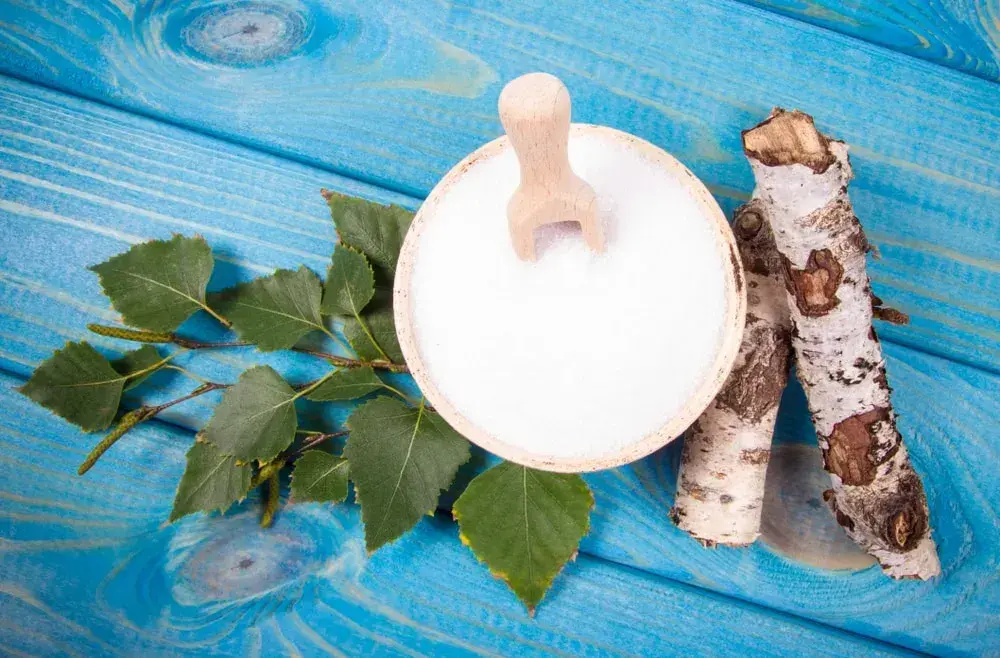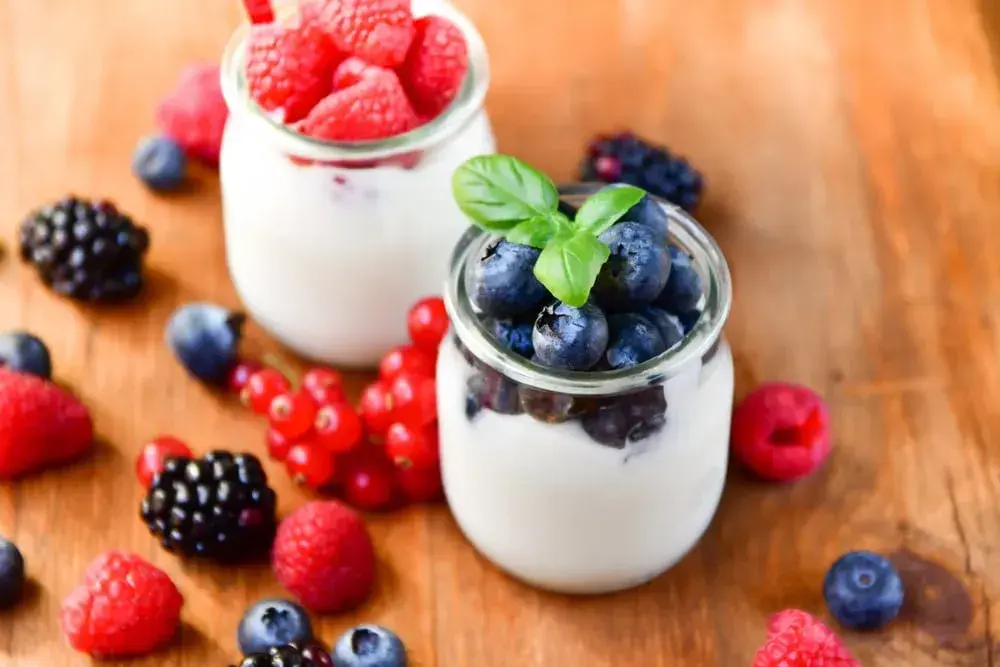
/assets/images/provider/photos/2578716.jpg)
We all know sugar is bad for us, but it’s tough to give it up! Even if you are actively trying to avoid sugar, it’s often surprising how many foods contain hidden sources of sugar. And artificial sweeteners are billed as a safe alternative to sugar, their use has still been associated with health issues such as weight gain, diabetes, and heart disease. Fortunately, there is another alternative: sugar alcohols.
If you’ve never tried these natural sweeteners, they’re a great way to add some sweetness to foods and drinks without the health risks of sugar. What exactly are sugar alcohols, how safe are they, and how do you use them? We’ve got the answers for you.
They’re not alcohol
The term alcohol often causes confusion, but sugar alcohols are not what we usually associate with the word. Sugar alcohols are polyols, which have a different chemical structure than ethanol. That means they won’t cause intoxication, and they’re safe for alcoholics. These compounds occur naturally in fruits and vegetables, and are also sold as white crystals, just like sugar. Chances are good that you’ve had sugar alcohols without even realizing it.
Pros and cons of sugar alcohols
Sugar alcohols contain fewer calories than processed sugar. Because they have a low glycemic index, they don’t cause spikes in blood sugar or insulin, which makes them safe for people with diabetes. They also have higher heat resistance, which prevents them from browning when heated. They are commonly used in sugar-free gums and candies, because they don’t cause tooth decay. In fact, one sugar alcohol known as xylitol is often used in gum and even toothpaste because it inhibits the growth of bacteria that causes cavities.
The downside of sugar alcohols is the possibility of intestinal distress if they are consumed in large amounts. They may cause gas, bloating, or diarrhea. (If you’ve ever eaten too much sugar-free candy, you may be familiar with this side effect.) Sugar alcohols should be eaten only in moderation to avoid any unwanted side effects. If you have irritable bowel syndrome (IBS) or other digestive issues already, you may want to avoid them.
How do you know if you’re eating them?
If you’re learning about sugar alcohols for the first time, you may not be familiar with the terms they are commonly listed under. Sugar alcohols may be labeled as many different substances, but the most common are:
- Xylitol, which is about as sweet as regular sugar but contains 40% fewer calories
- Erythritol, which is about 70% as sweet as sugar. Because erythritol doesn’t reach the large intestine in large amounts, it does not have the same digestive effects as other sugar alcohols.
- Sorbitol, which is 60% as sweet as sugar, and is often used in sugar-free foods and drinks.
- Maltitol, which is 90% as sweet as sugar and as a similar taste.
Look for these ingredients listed on food labels. Some lower-calorie foods will use a combination of regular sugar and sugar alcohols to help reduce the sugar content. Sugar alcohols are also listed on the nutrition facts label underneath total carbohydrates, along with sugar and fiber.
Surprising benefits of sugar alcohols
In addition to being healthier than sugar and safer for people with diabetes, sugar alcohols have other benefits. First, they have been found to have prebiotic effects, by feeding the healthy bacteria in your stomach. Second, studies in rats have revealed that xylitol can build bone strength, which could be an effective means to prevent osteoporosis. Lastly, lab studies have also shown that xylitol can increase the production of collagen, an important component of skin health.
Using sugar alcohols in baking
Sugar alcohols can be used in place of sugar when baking, but be aware that you may need to make a few other modifications to your recipes. For example, xylitol can be substituted for sugar at the same quantity, but because it absorbs moisture, it may make your baked goods more dry. To counter this, you may need to increase the amount of any liquid ingredients in your recipe.
If using erythritol in baking, you may want to increase the amount specified in the recipe, as it is less sweet than sugar.
Some people prefer the taste of certain sugar alcohols over others. If you try one and don’t like it, don’t write them off completely! Try a few different brands or varieties until you find one that works for you.
You may be able to find sugar alcohols in the sugar aisle of your supermarket or in the health food section. They are also commonly available at health food stores.
Need help achieving your weight-loss and wellness goals? Garcia Weight Loss offers personalized weight loss programs designed to help you look and feel your best. Contact us today for your no-cost consultation!


